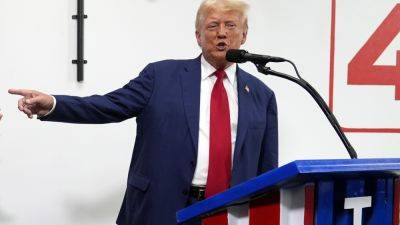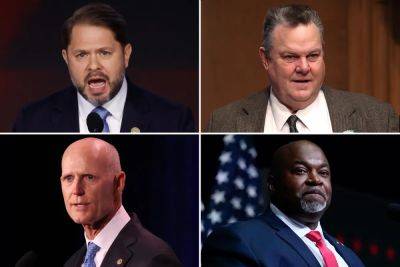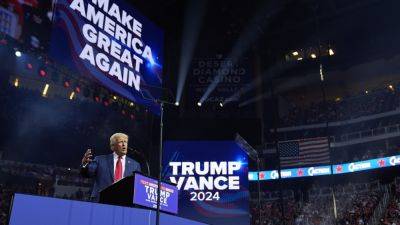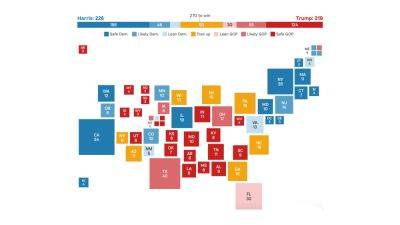How swing states came to be critical in U.S. presidential elections
When Swarthmore, Pa., resident Scott Richardson first voted in a U.S. presidential election, it was for Democrat Jimmy Carter in 1976.
Richardson cast his ballot for Republican Donald Trump in 2016. But after being disillusioned by Trump’s response to the COVID-19 pandemic, Richardson chose Democrat Joe Biden in the 2020 election.
“It’s almost 50/50 who I have voted for,” Richardson, a former restaurateur, said of the political affiliations of his chosen presidential candidates over the years. “It has never been related to [political] party. I kind of felt like I was voting for an individual.”
Richardson is a swing voter in a swing state; those few jurisdictions that sometimes vote Republican, sometimes vote Democratic and have the power to influence the results of national elections.
Most states consistently vote red or blue — between 2000 and 2016, 38 states voted for the same political party — but swing states are less predictable.
Political campaigns and pundits have long focused on states such as Pennsylvania because they offer candidates an opportunity to sway voters off the fence and win coveted Electoral College votes. In recent years, they’ve also had the power to swing the election itself.
“Swing states have increasingly become not just states that flip back and forth, but states, given the relative polarization and certainty of other states voting particular ways, these are the small cluster of states that truly are going to decide the presidential election,” said David Schultz, a professor of political science and legal studies at Hamline University and editor of Presidential Swing States: Why Only Ten Matter.
What are swing states, anyway? How did so much political power come to be concentrated in just a few







